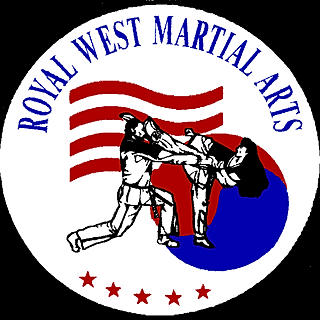4 Solutions for Post-Taekwondo Muscle Soreness
- Meda West
- May 6, 2019
- 2 min read

Taekwondo is a Korean style of martial arts that provides a great workout while also teaching a myriad of skills such as self-defense. The discipline required to be successful at Taekwondo spills into every area of life, making it an ideal way to improve your overall self. Because Taekwondo focuses so much on kicking, it is not unusual for the legs to become especially tired and sore. Here are four proven solutions to help to deal with post-Taekwondo muscle soreness:
Visit a Spa or Steam Room
Moist heat can help relax muscles and soothe nerve endings, which can help decrease the pain you experience after a grueling Taekwondo workout. By reducing the muscle soreness, you will boost your recovery time and get back out on the mat more quickly. Do not delay too long in visiting the spa after your workout. You do not want the muscle soreness to set too long in the body before trying to reverse the aches.
Adequate Stretching
It is a rookie mistake to believe that stretching does not matter. Savvy martial arts participants understand that it is important to develop good stretching routines both before and after a Taekwondo workout. A solid stretching regimen will decrease the amount of lactic acid that builds up in your muscles. Reducing this acid will mean that you will feel less muscle soreness following your training session.
Proper Nutrition
In order to heal your body, you need to fuel your body. A balanced diet rich in vitamins and minerals will promote healing by providing the body with the tools that it needs to repair broken down muscles. Be sure to take in an abundance of antioxidant-rich foods, whole grains, and lean proteins to sustain maximum healing of sore muscles. Good choices to consider include berries, leafy greens, fish, chicken, and whole-wheat pasta and bread.
Listen to Your Body
Muscle soreness is simply part of the game when practicing Taekwondo. However, lingering soreness can be a sign of injury. When in doubt, always be sure to get your body checked out. Your body is an excellent communicator and you should always listen to what it is trying to tell you. The last thing that you want to face is an injury that was sustained because you did not properly address muscle soreness. By practicing good preventative care and proper after-care, you will encourage healing and make the most out of your training.


































Comments